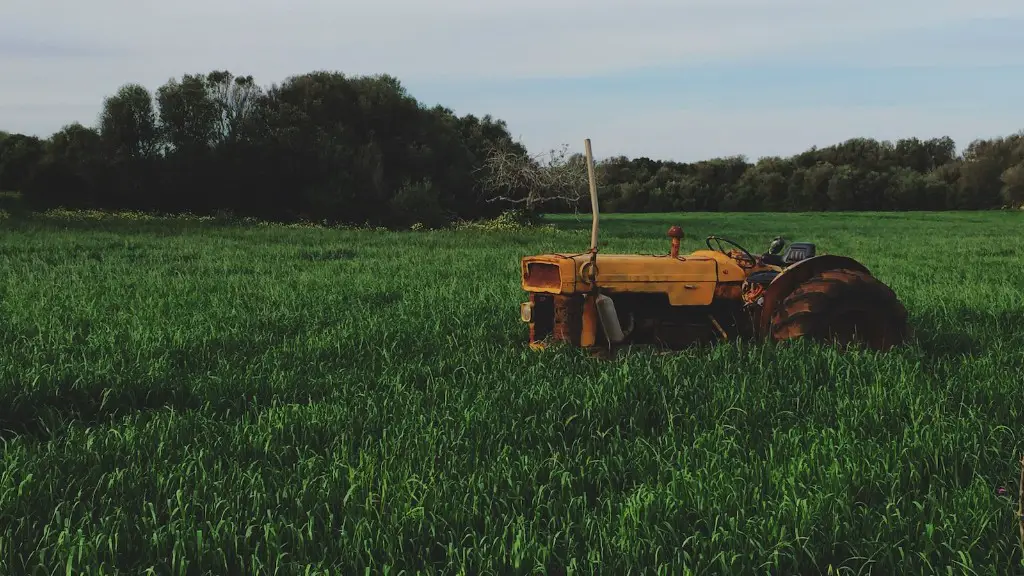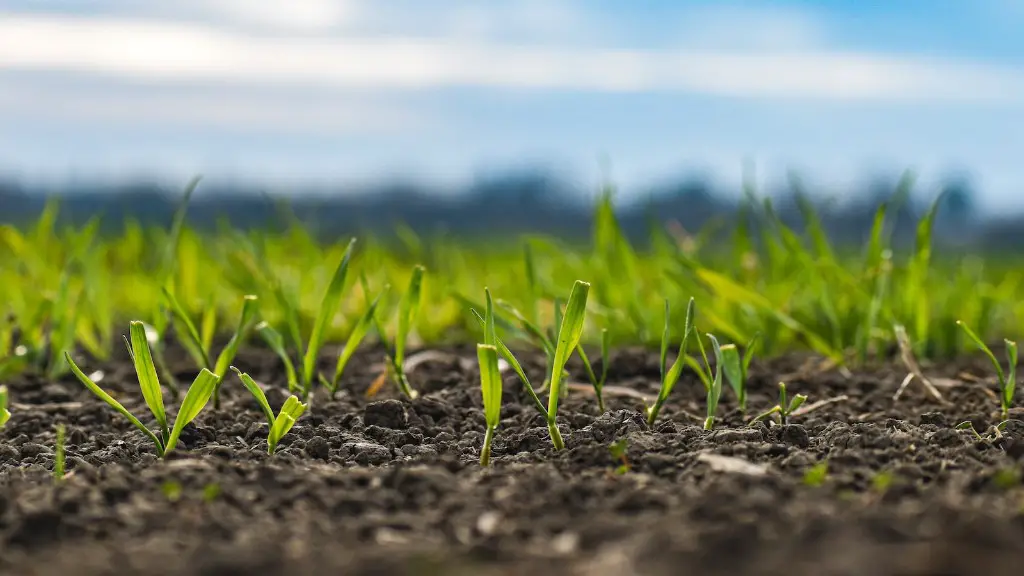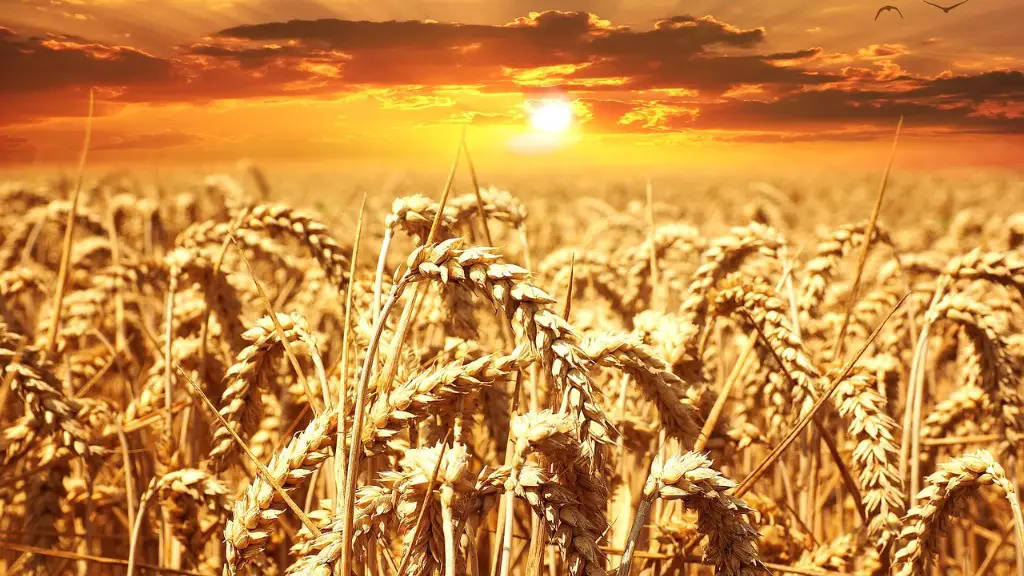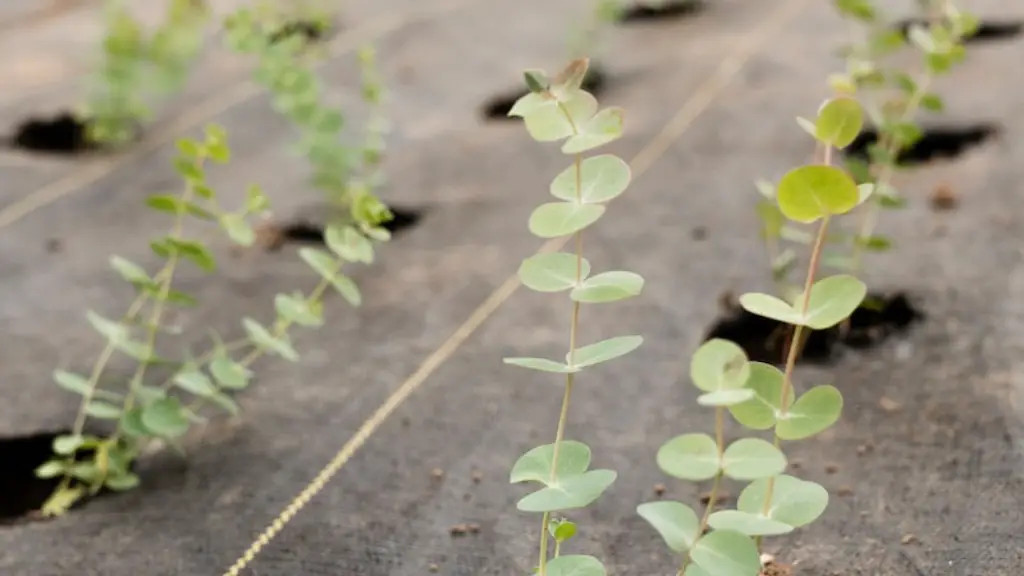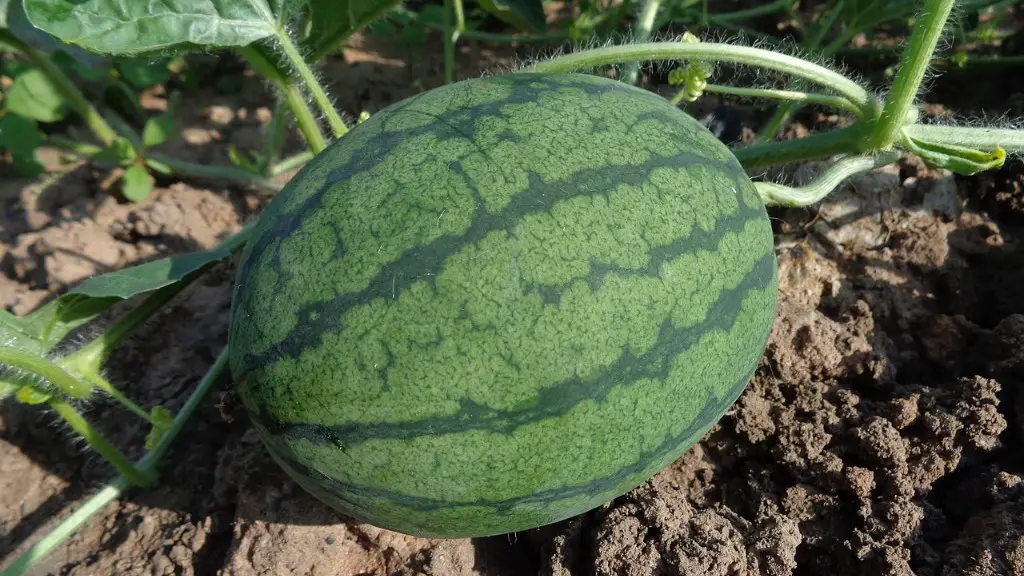Nigeria is located in West Africa and is bordered by the Atlantic Ocean to the south, Benin to the west, Niger to the north, and Chad and Cameroon to the east. The country has a varied geography, with the southern part of the country being predominantly tropical rainforest, while the northern part is a semi-arid Sahel. The physical geography of Nigeria has a significant impact on agriculture in the country. The tropical climate in the south of the country is well suited to cash crops such as cocoa, oil palm, and rubber, while the northern part of the country is better suited to livestock production. The high population density in Nigeria (over 200 million people) also puts pressure on the land for agriculture, and this is exacerbated by the practice of slash-and-burn agriculture, which is common in the country.
Nigeria is a country located in West Africa and its geographic coordinates are 8.00° N, 8.00° E. Nigeria is bounded by the Niger River in the north, Lake Chad in the northeast, Cameroon in the east, and Benin in the west. Nigeria has a land area of 923,768 square kilometers (356,669 square miles), making it the 32nd largest country in the world. Nigeria is also the most populous country in Africa, with a population of over 200 million people.
Nigeria’s climate is tropical, with two distinct rainy seasons and a hot, dry season. The country’s terrain is mostly lowland plains with hills in the southeast and southwest. Nigeria’s natural resources include petroleum, natural gas, tin, iron ore, coal, limestone, niobium, lead, zinc, and arable land.
Nigeria’s agricultural sector employs about 60% of the country’s workforce and accounts for about 21% of Nigeria’s GDP. The main agric
The main agricultural products grown in Nigeria include yams, rice, corn, sorghum, millet, peanuts, beans, cotton, cocoa, palm oil, and rubber
How does geography influence agriculture?
The physical geography of a region has a big impact on how people farm there. Things like climate, soil type, and landforms can all make a difference in what kind of farming methods are used. For example, irrigation is often necessary in dry climates, while terrace farming is common in regions with steep hills. Deforestation and desertification are also problems that farmers have to deal with in many parts of the world.
Nigeria is a country located in West Africa and it has a tropical climate. The environment factors affecting agricultural production in Nigeria can be grouped into climatic, soil or edaphic factors and biotic factors. Climate is the average weather condition. Its factors are insulation, temperature, pressure, wind and rainfall. Each of these factors has its own influence on agriculture.
Temperature: The temperature in Nigeria is generally high all year round with little variation. However, there are two main seasons – the wet season and the dry season. The wet season (or rainy season) is from April to October and the dry season is from November to March. The average temperature during the wet season is around 27 degrees Celsius and during the dry season it is around 32 degrees Celsius.
Rainfall: Nigeria has a lot of rainfall, especially during the wet season. The amount of rainfall varies from place to place and from year to year. However, the average rainfall is around 1,500 mm per year.
Soil: The soil in Nigeria is generally fertile and rich in nutrients. However, the soil type and fertility vary from place to place.
Biotic factors: Biotic factors are living organisms that can affect agriculture. They include pests, diseases
How does climate affect agriculture in Nigeria
Climate change is causing an increase in diseases and pests, which is leading to a decline in agricultural production. This is especially evident in northern areas of Nigeria, where declining rainfall is causing increasing desertification.
It is important to consider the potential impacts of climate change, agro finance, and research funding on Nigeria’s agricultural sector. Insecurity and poor access to inputs could hamper agricultural production, while climate change could lead to more extreme weather conditions that make it difficult to grow crops. It is essential to have a robust research and development program to ensure that Nigeria’s agricultural sector can adapt to these challenges and continue to provide food for the country’s population.
Does agriculture require geography?
There are many geographic factors that affect agricultural businesses and trade today. From climate to key trade and shipping hubs, location has shaped the fortunes of states and agricultural production. Climate is a major factor in agricultural production, as it can determine what crops can be grown in a certain area. Trade and shipping hubs are also important, as they can provide access to markets for agricultural products.
Agricultural geography is the study of how human activities have affected the earth’s surface through the use of plants and animals. It can help us understand global politics, in that one country may become dependent upon another for food. It can also help explain social polarization and agricultural effects on the environment.
Why is agriculture low in Nigeria?
The decline in crop production in Nigeria has been largely blamed on insecurity in the country. The country is beset by numerous security challenges, including the Boko Haram conflict, kidnapping for ransom, farmer-herder clashes, and ethnic clashes. These challenges have made it difficult for farmers to access their farms and cultivate their crops, leading to a decline in production.
Agricultural production in Nigeria can be affected by:
(a) Rainfall
(1) It is necessary for seed germination
(2) It ensures availability of nutrient to plants by dissolving it
(3) It affects the distribution of plants and animals.
Why is agricultural production low in Nigeria
Nigerian agriculture is in need of reform in order to improve productivity. Low technology and lack of investment in infrastructure has led to low yields. In order to increase agricultural productivity, the government must invest in rural infrastructure and promote the use of modern technology and inputs. In addition, policies should be put in place to encourage private sector investment in agriculture.
Climate change will have a direct impact on agricultural systems, altering growing seasons, water availability, and pest and disease populations. These changes could impact ago-climatic conditions and the planting and harvesting calendars.
How climate change affects crop production in Nigeria?
Climate change is negatively impacting agriculture in Lagos, Nigeria. Crop productivity is being decreased by decreasing crop yield and soil fertility, limiting the availability of soil water, increasing soil erosion, and spreading pests. This is causing serious problems for farmers in Lagos, and something needs to be done to address the issue.
The loss of biodiversity is a major issue in Nigeria, as it is home to many unique species of plants and animals. This loss of biodiversity is due to many factors, including the loss of habitat, the effects of climate change, and the introduction of invasive species. The loss of biodiversity can have a negative impact on human life, as it can lead to the loss of valuable resources, the loss of recreation and tourism opportunities, and the decline of the quality of life.
What is agriculture like in Nigeria
The country is a leader in various types of agricultural production, such as palm oil, cocoa beans, pineapple, and sorghum. It is the largest producer of sorghum in the world just after the United States, and ranks fifth in the production of palm oil and cocoa beans. The country’s agricultural sector is a key driver of economic growth and development, and contributes significantly to the country’s export earnings.
The National Bureau of Statistics (NBS) released data showing that the agricultural sector grew by 316% in the first quarter of 2022 compared to the same period in 2021. This is a decrease of 042 percentage points from the previous quarter, which recorded a growth of 088 percentage points.
What is the geography of Nigeria?
Nigeria is a country located in Western Africa. It is the continent’s most populous nation. The country measures about 1,200 km from east to west and about 1,050 km from north to south. The topography ranges from lowlands along the coast and in the lower Niger Valley to high plateaus in the north and mountains along the eastern border. Nigeria has many rivers which provide water for crops, livestock, and people.
Environmental factors that play a role in determining the extent of crop agriculture include the following: terrain, climate, soil properties, and soil water. The way these factors interact with one another determines which crops can be grown in a particular area. For example, if the soil is not suitable for a certain crop, that crop will not be able to grow well no matter how perfect the other conditions are. Understanding these environmental interactions is important for successful crop agriculture.
Conclusion
Nigeria is a large country located in tropical Africa. The country has a diverse climate, with a wet season and a dry season. The wet season is characterized by high temperatures and high humidity, while the dry season is characterized by lower temperatures and lower humidity. The country’s geography also includes a wide variety of soil types, from sandy soils to clay soils.
Nigeria’s climate and geography have a significant impact on agriculture in the country. The wet season is typically the best time for crops to grow, as the high temperatures and high humidity promote plant growth. However, the wet season also brings with it the risk of floods, which can damage crops. The dry season is typically the time when crops are harvested, as the lower temperatures and lower humidity allow for crops to mature. However, the dry season can also bring with it the risk of drought, which can lead to crop failure.
Nigeria is a country that is located in West Africa and it is bordered by the Guinea Gulf. Nigeria’s climate is tropical and its soils are very diverse. The country has a lot of agricultural potential because of these geographical factors. However, agricultural production in Nigeria is often limited by factors such as poor infrastructure, lack of technology, and political instability.
